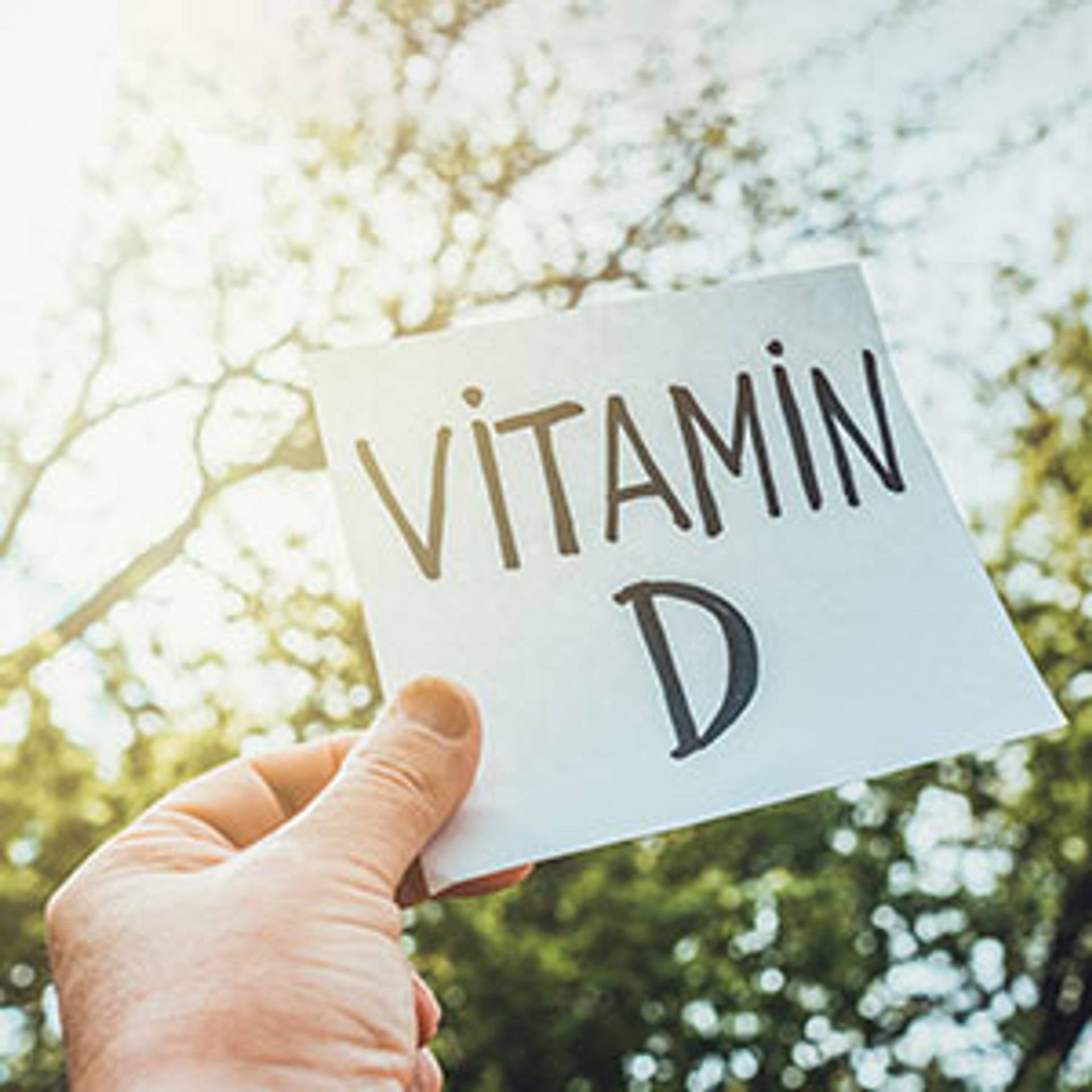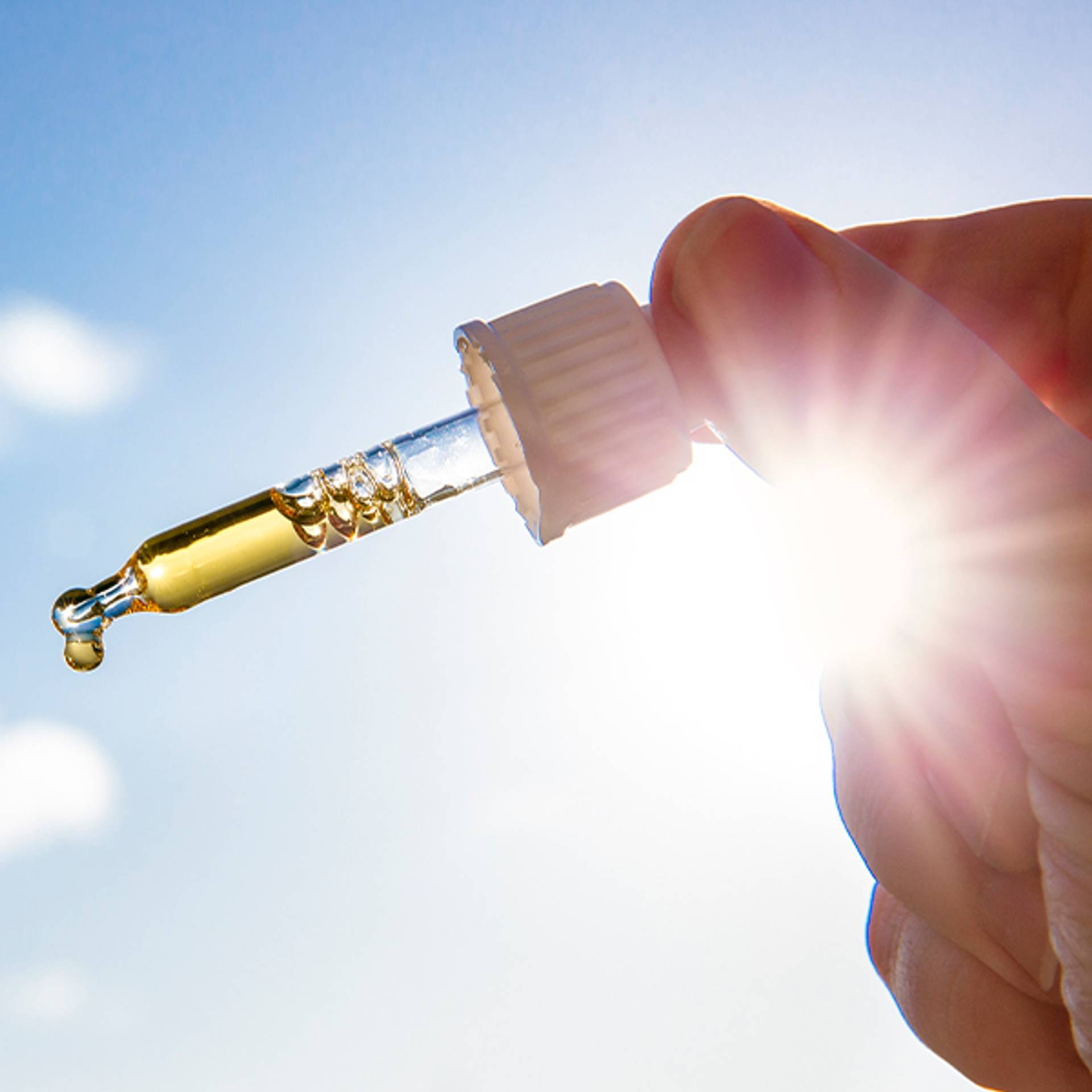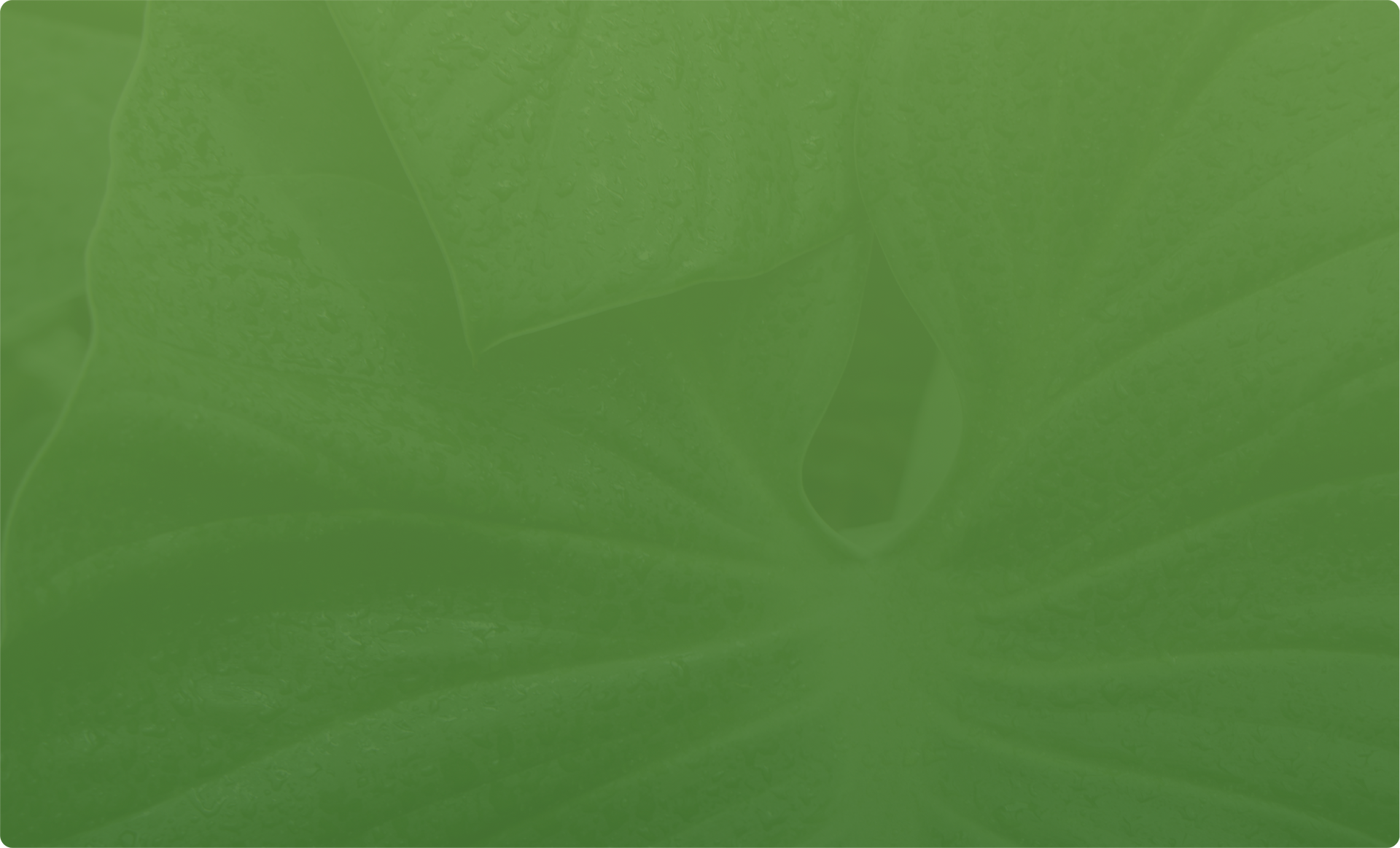
Unlike the name suggests, vitamin D is actually not a vitamin, but rather a hormone. With sufficient sun exposure, the body can produce this hormone in sufficient quantities. But our everyday life hardly allows longer and especially daily stays in the sun. Especially in the winter, the sun exposure in the western industrialised countries is not sufficient to achieve a sufficiently high vitamin D level. Therefore, the substitution of vitamin D can be useful.
For further information on the Government´s recommendation see
https://www.nutraingredients.com/Article/2020/10/16/UK-gov-urges-vit-D-supplementation-in-fight-against-Covid-19
https://www.theguardian.com/world/2020/nov/14/covid-uk-government-requests-guidance-on-vitamin-d-use
Regardless of whether you buy vitamin D 20000, vitamin D 10000 IU or vitamin D 2000 IU - the vital substance can have a positive effect on various processes in the body.
For more information please see:
If you want to buy vitamin D3, you will find that the range of nutritional supplements is wide. We tell you what you should really look out for when buying.
You can buy vitamin D drops or choose another dosage form, such as tablets or capsules. We will explain the main advantages and disadvantages.
The liquid drops mostly consist of vitamin D and carrier oil. Sunflower or olive oil can act as a carrier oil. Vitamin D drops are extremely productive. Often 1 drop as a daily dose is sufficient to cover the need. But the drops have even more advantages. Vitamin D is fat-soluble. This means that it can only be absorbed by the body together with fat. The drops are an oily solution, so that optimal absorption is ensured. Children and even infants can easily take drops.
Vitamin D capsules consist of a capsule shell and vitamin D dissolved in oil. Like the drops, the oil allows better absorption in the intestine.
Vitamin D is also available in tablet form. As with drops or capsules, you can buy vitamin D 20000 IU, vitamin D 10000 and other dosages. The tablets are tasteless and can be dosed easily and safely. Lozenges are also available for children and adolescents who are not yet able to swallow tablets.
A basic distinction can be made between vitamin D3 and vitamin D2. Another important distinction can be made between vegetable vitamin D and vitamin D of animal origin.
Vitamin D is found in two different forms in food. While plant-based foods mainly contain vitamin D2, animal products tend to contain vitamin D3. The body can utilise both forms, but the bioavailability is higher with vitamin D3. This form also corresponds to the vitamin that the body produces itself.
For a long time, vitamin D2 was particularly popular as a dietary supplement with vegans and vegetarians, since the corresponding preparations are made from plant substances. Lanolin and other animal fats are mostly used to produce vitamin D3. However, there is now also plant-based vitamin D3. This is extracted from a type of lichen and so is well suited for people who want to do without animal products.
The dosage recommendations for vitamin D differ significantly in some cases. For example, the German Nutrition Society (DGE) recommends an intake of 800 IU per day in the absence of sunlight. According to various vitamin D experts, however, this dose is only sufficient to meet the minimum requirements and to protect against vitamin deficiency diseases such as rickets. To maintain an optimal level over the long term, experts recommend a daily dose of 5000 IU on average with a bodyweight of 70 kg.
How much vitamin D you need to take per day depends on the preparation you take. If you buy vitamin D 50000, it may be enough to take just one tablet a week. If you buy vitamin D 4000 IU, on the other hand, you should take the dietary supplement daily. Basically, daily intake is recommended. Vitamin D has a fairly short half-life so vitamin D deficiency can occur in the body at high doses every week despite supplementation.
Vitamin D is an endogenous hormone and is usually well tolerated. No side effects are known for a daily dose of up to 5000 IU. With a very high intake over a longer period of time, an overdose with symptoms such as nausea, vomiting, diarrhoea, or even loss of consciousness can occur.
The combination of vitamin D with vitamin K2 is recommended in order to be able to make optimal use of the effects of vitamin D. Combination preparations are available so that you can benefit from the synergy effects of the two vitamins without consuming them.
Regardless of whether you buy tablets or oil, make sure that the selected nutritional supplement is free from additives such as preservatives or colours.
An allergy to vitamin D is not known because it is a vital substance that also occurs naturally in the body. Therefore, intolerance reactions are mostly due to additives in the food supplement.
A low price should not be the deciding factor for a purchase decision. Cheap preparations are often dosed very low. To achieve a sufficiently high vitamin D level, you need to take a higher dose. So the supposedly cheap price is quickly put into perspective. If you buy your vitamin D online, you can simply perform a price comparison and you will find that there are preparations with a very good price-performance ratio.
Vitamin D is generally well-tolerated. You still have an advantage if you order from a dealer with a satisfaction guarantee. In the event of intolerance or if you are not satisfied, you can return the product and get your money back easily.
You may also be interested in these questions and answers about buying vitamin D.
You can easily buy vitamin D online. There is also a limited selection of nutritional supplements at the chemist or in the drugstore.
When the skin is exposed to UV radiation, a young adult can produce up to 20,000 IU of vitamin D3 in 30 minutes under optimal conditions. These ideal conditions can only be found in the western industrialised countries in summer. In winter, however, the angle of the sun's rays is too flat, so that the body cannot produce enough vitamin D3. As a result, many people suffer from a deficiency, especially in the winter months. Our food also rarely has significant vitamin D content.
According to the statements of the German Society for Nutrition (DGE), up to 60 percent of the population in Germany is affected by a vitamin D deficiency. As a result, vitamin D is suitable as a dietary supplement for all people who want to make an active contribution to their health and well-being. Pregnant and breastfeeding women also have an increased need and should pay particular attention to a good supply of the vital substance.

Vitamin D ensures healthy bones and is involved in a variety of metabolic processes in the human body. In contrast to all other vitamins, the need can't be met through nutrition alone; and a lack of the vitamin can cause serious illnesses. An adequate supply of vitamin D is therefore important.

Different organizations recommend varying doses of vitamin D. For example, in cases where vitamin D formation through sunlight is deficient, the DGE currently recommends a dose of 400 IU for infants up to 1 year of age and 800 IU for children, adolescents, adults, seniors, and pregnant and nursing women.
According to vitamin D experts this recommendation is too low and only represents the minimum daily intake required to stave off rickets.

You can measure your vitamin D levels by using a blood test to determine if you have enough vitamin D in your body. In fact, not the active form of vitamin D is measured, but the concentration of 25(OH)D (25-hydroxyvitamin D) in the blood.
The 25 (OH)D value is a precursor of vitamin D, in which form is is transported in the blood. If necessary, this form is converted into the active form of vitamin D (calcitriol).
The 25 (OH)D value shows how much vitamin D you got through nutrition or produced during sun exposure. But this value does not tell you anything about your vitamin D levels throughout the year, which will vary depending on the sun exposure and vitamin D uptake from food.
The half-life of 25(OH) Vitamin D is 2 month. This means, that the vitamin D level will fall to half of its value, provided that you no longer get any vitamin D at all.

Recent studies clearly demonstrate that vitamin D3 and vitamin K2 are essential to good health. Deficiencies in both these vitamins are extremely common, which is why more and more people are taking vitamins D3 and K2 as a daily dietary supplement.
It's very important to know that if you take vitamin D3 regularly over a long period, you definitely need to take vitamin K2 as well. This raises the question of how these two key vitamins should best be combined in order to promote health and vitality.
